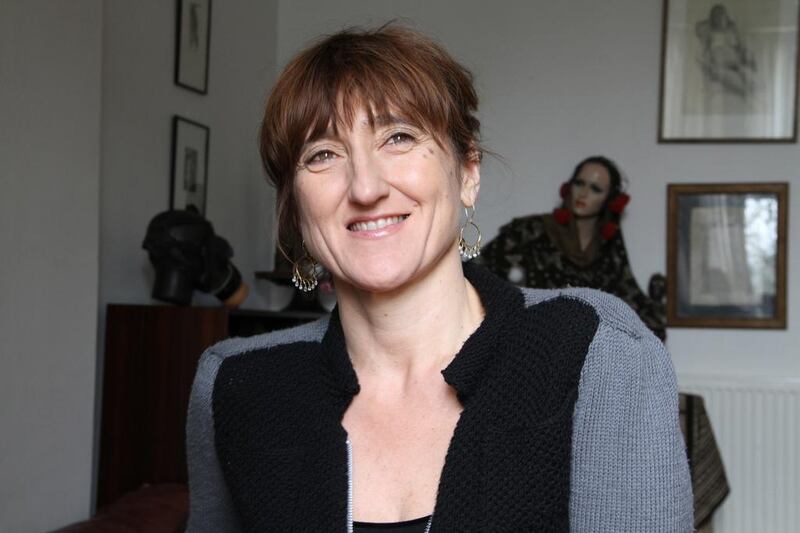One of the most thought-provoking documentaries on show at the Abu Dhabi Film Festival this year is InRealLife.
The film is by the British filmmaker Beeban Kidron, who is probably best known for directing light comedies such as Bridget Jones: The Edge of Reason and To Wong Foo, Thanks for Everything! Julie Newmar.
Her latest work is of a less frivolous kind, exploring the damaging effects that the internet is having on our children and teenagers.
Kidron says that a generation of kids is enslaved to their smartphones and social networking sites, leaving them unable to form proper relationships, and in the clutches of major corporations.
Speaking at the Emirates Palace, she discusses the message she’s trying to impart through the documentary.
“I come into the argument as someone who was of a generation who hoped the internet would be open and free and democratic. So I was very positive about the technology,” she says. “But the journey of the film is that there are some worrying structural things about the internet and what it’s for.”
She explains that large companies cleverly use “reward technology” to get people looking at their sites, leading to addiction.
“If you extrapolate from that, you have a whole generation of people who are like Pavlov’s dogs, not to the internet itself, but to the technology,” she explains. “The libertarian culture says it’s a free speech thing, but it’s not, it’s a free market thing.”
She uses shocking case studies as evidence for this, including one young woman, who could not afford to replace her lost phone, so had sexual relations with various young men so they would buy her a new phone. She also speaks to a teenage boy who is addicted to online pornography.
She also delves into cases of online bullying — or trolling, as it’s known — and how online companies deny responsibility of it.
“The point I make in the film is that it is interesting that Google knows I want to buy a blue kettle with a whistle on top, but they don’t know a young girl is being pursued online for three years across national boundaries into a place of absolute horror.”
Kidron believes governments need to enact new laws to regulate the World Wide Web.
“Everything about our lives is regulated, from the water I’m drinking to the plane I travelled here on. Delivering services safely is part of the company’s bottom line, apart from in this area,” she maintains.
Kidron, who was recently made a Baroness in the UK’s upper parliament, the House of Lords, is hoping to use her position to exert some political influence over legislators.
Meanwhile, she continues to make films, with another narrative piece in the pipeline for next year.
This, however, will not be a new Bridget Jones film, despite the fact the author of the book it was adapted from, Helen Fielding, has just released a third instalment in the tale of the hapless singleton.
“I wouldn’t want to do this, no. Mark Darcy is dead, so why would I?” she says with a laugh, referring to the fact that Fielding has killed off Jones’ longtime love interest in the new novel.
“But big films like this take an awful lot of time. I have plenty of other responsibilities now, so I think someone will do that. I mean they take two very full years and I don’t have this time nowadays.”
• InRealLife screens on Friday, November 1, Marina Mall Vox 6
hberger@thenational.ae





